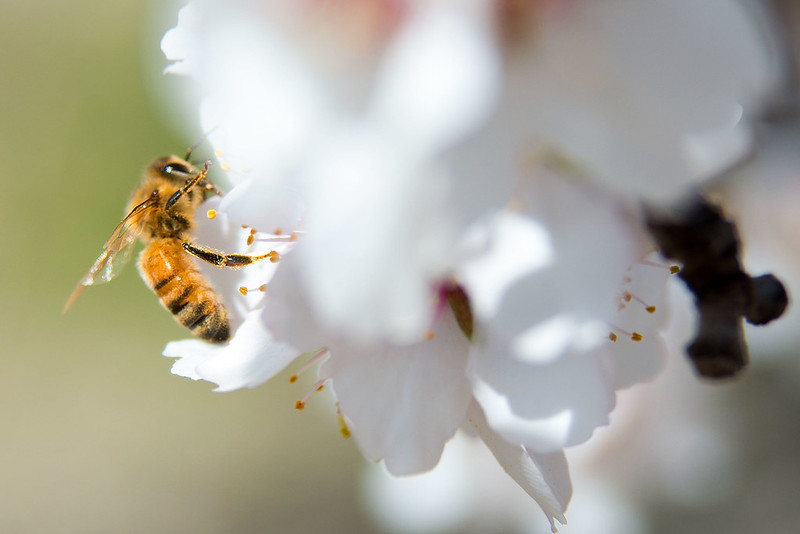
Why monoculture farming practices harm bees
Bees are essential to agriculture. But the way we grow food is putting bees at risk. Moving away from monoculture farming can be part of the solution.
Bees are essential to agriculture. But the way we grow food is putting bees at risk. Moving away from monoculture farming can be part of the solution.
ADD YOUR NAME
We rely on bees to pollinate more than 70 of the 100 crops that provide 90% of the world's food — but as our society uses more bee-killing "neonic" pesticides, bee populations are plummeting.
BOSTON -- A coalition of beekeepers, public health, farming and environmental advocacy organizations applauded today’s action of the Massachusetts Pesticide Board Subcommittee to protect pollinators by restricting the use of the harmful class of pesticides known as neonicotinoids, or “neonics”.
After finding overwhelming evidence that neonicotinoid “neonics” insecticides are harming pollinators, the Massachusetts Department of Agricultural Resources (MDAR) Pesticide sub-committee passed a regulation Monday to restrict the use of this dangerous class of pesticide.
Fifty organizations called on the Massachusetts Department of Agriculture to protect pollinators and restirct the use of neonicotinoids, a pesticishown to be harmful to pollintors.
A coalition of beekeepers, public health, farming and agriculture and environmental organizations praised the findings of a recent report on bees and insecticides, issued by the Massachusetts Department of Agriculture (MDAR) and called for immediate action by the legislature to protect our pollinators and pass H. 763, An Act to protect Massachusetts pollinators before the legislative session ends on January 5.